Understanding Vacuum Excavation Costs
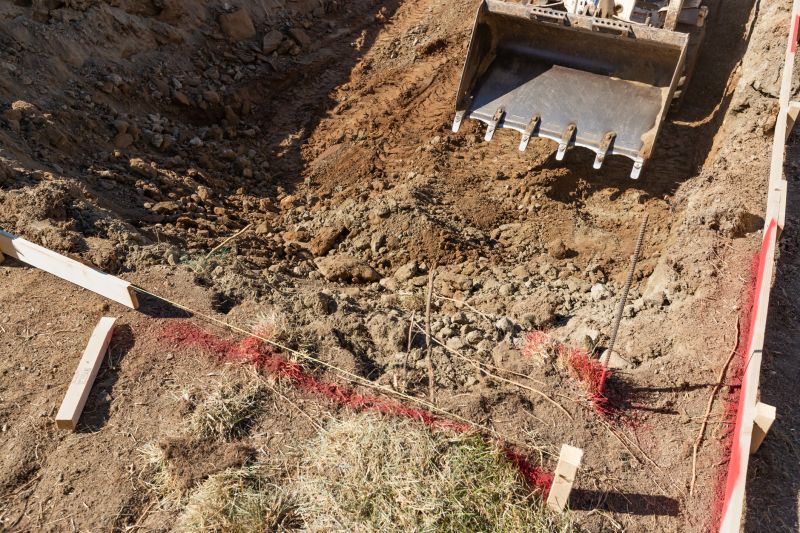
Different soil conditions, from soft clay to hard rock, impact excavation methods and costs.
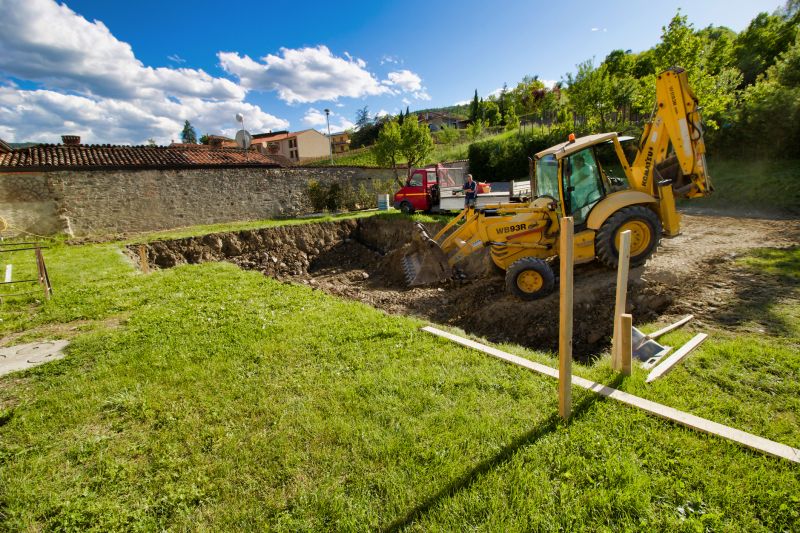
Larger and deeper excavations typically increase labor and equipment expenses.
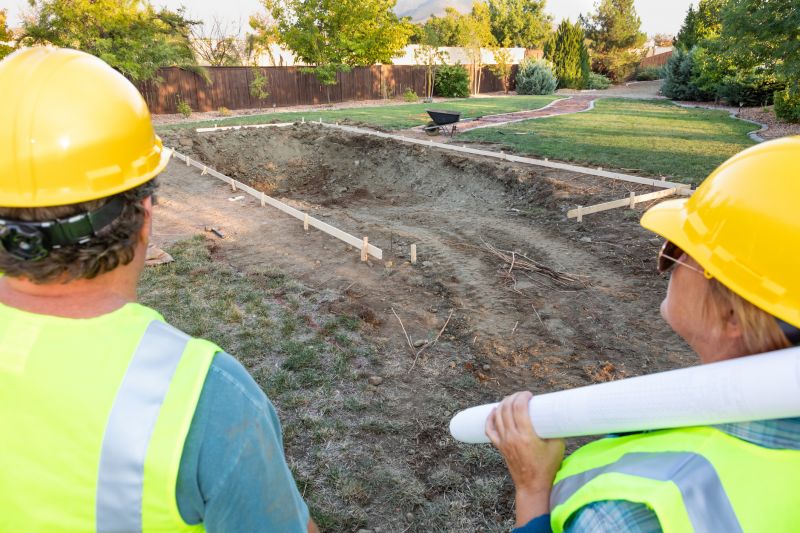
Site location and accessibility can influence setup time and operational costs.
| Factor | Impact on Cost |
|---|---|
| Soil Type | Harder soils require more power and time, increasing costs. |
| Project Size | Larger projects involve more equipment and labor, raising expenses. |
| Depth of Excavation | Deeper excavations demand specialized equipment and longer operation times. |
| Site Accessibility | Limited access can extend setup and operation time, adding to costs. |
| Permits and Regulations | Compliance requirements may add to project expenses. |
| Equipment Used | Advanced or specialized vacuum systems can influence pricing. |
| Environmental Conditions | Weather and site conditions can cause delays and cost fluctuations. |
| Labor Requirements | Higher skilled labor or increased workforce impacts overall costs. |
The cost of vacuum excavations varies based on project complexity and site conditions. Smaller projects with soft soil may incur lower expenses, while large-scale or complex sites with challenging soil types can significantly increase costs. Proper assessment of site conditions and project scope is essential to accurately estimate expenses and ensure efficient resource allocation.
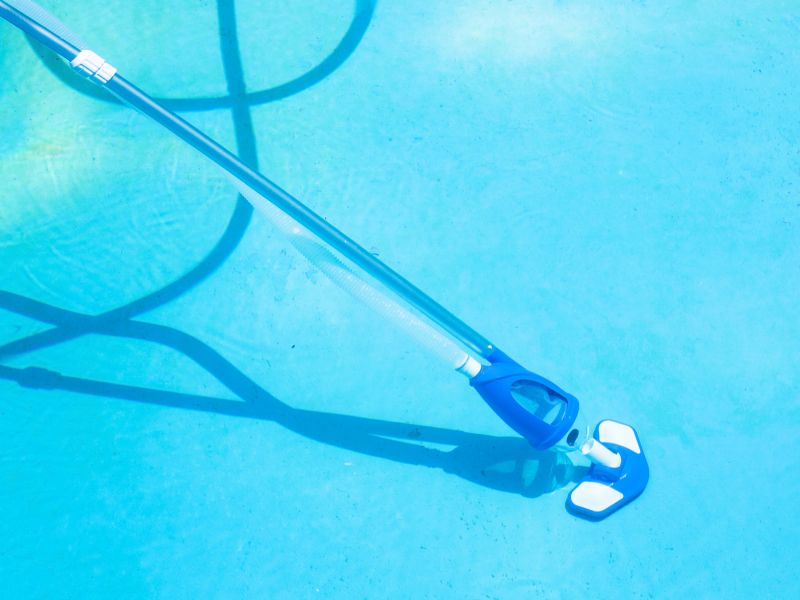
Different components influence the efficiency and cost of vacuum excavation.
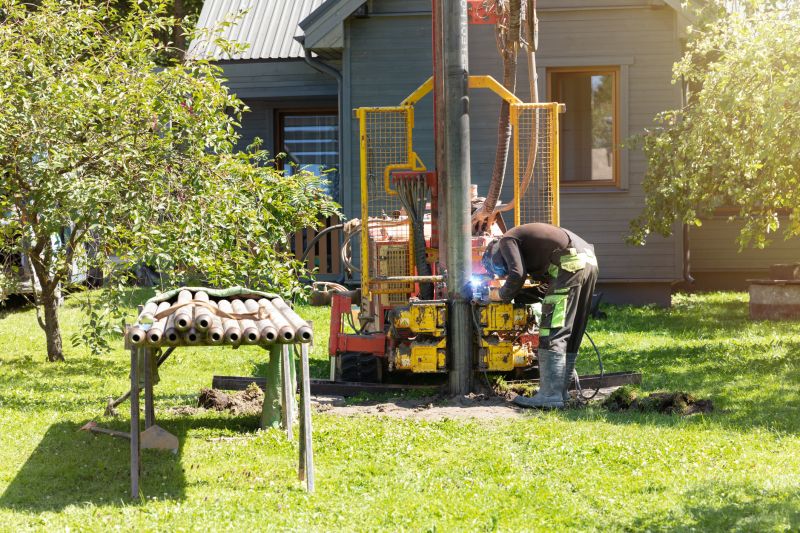
Hydrovac units vary in size and power, affecting project expenses.
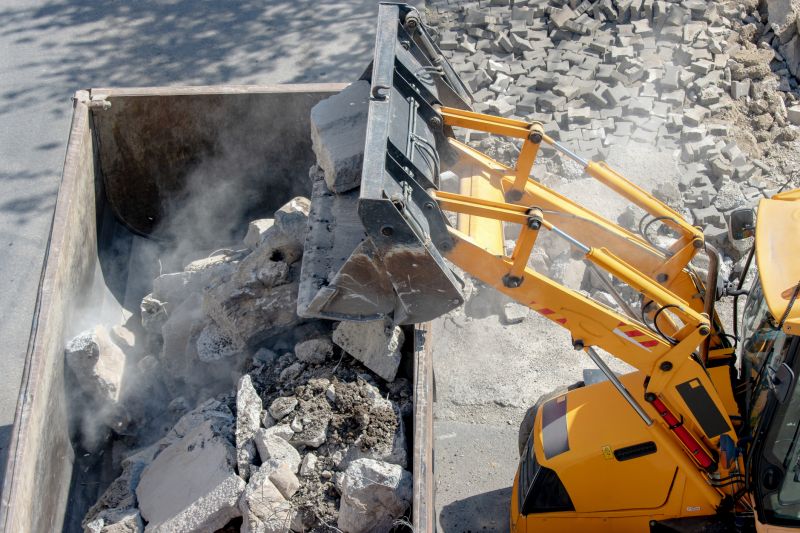
Methods for handling excavated material impact overall costs.
| Service | Average Cost Range |
|---|---|
| Basic Vacuum Excavation | $3,000 - $7,000 |
| Deep Excavation | $7,000 - $15,000 |
| Hydrovac Service | $4,000 - $10,000 |
| Utility Line Location | $2,500 - $6,000 |
| Soil Removal and Disposal | $1,500 - $4,000 |
| Site Preparation | $2,000 - $5,000 |
| Emergency Excavation | $5,000 - $12,000 |
| Environmental Site Assessment | $3,000 - $8,000 |
| Deep Utility Trenching | $8,000 - $20,000 |
| Temporary Site Support | $2,500 - $6,500 |
Vacuum excavation costs are influenced by multiple factors, including project size, soil conditions, and equipment used. Accurate assessment and planning can help optimize expenses, ensuring the project remains within budget. Engaging experienced professionals can also improve efficiency and reduce unforeseen costs.



